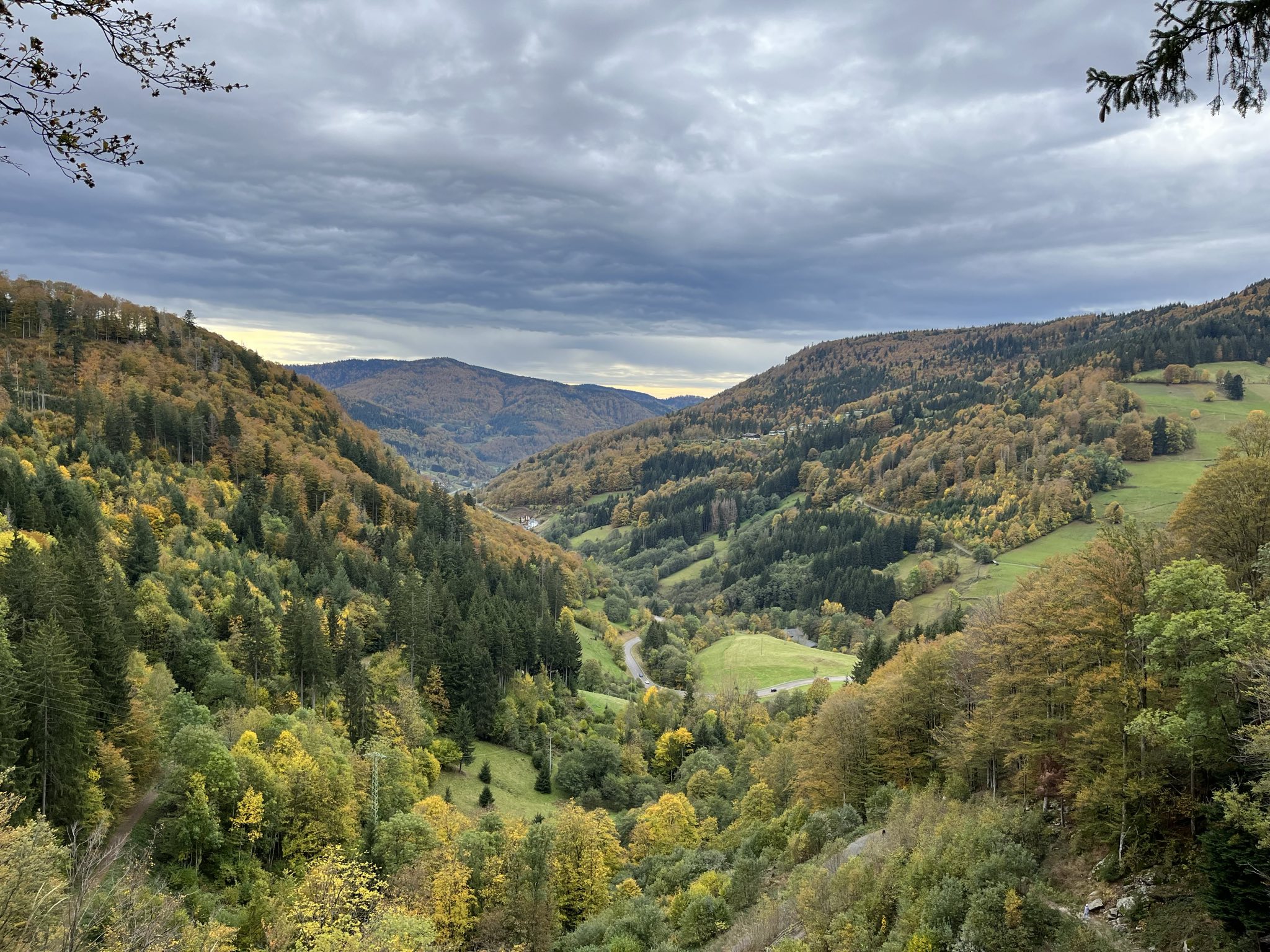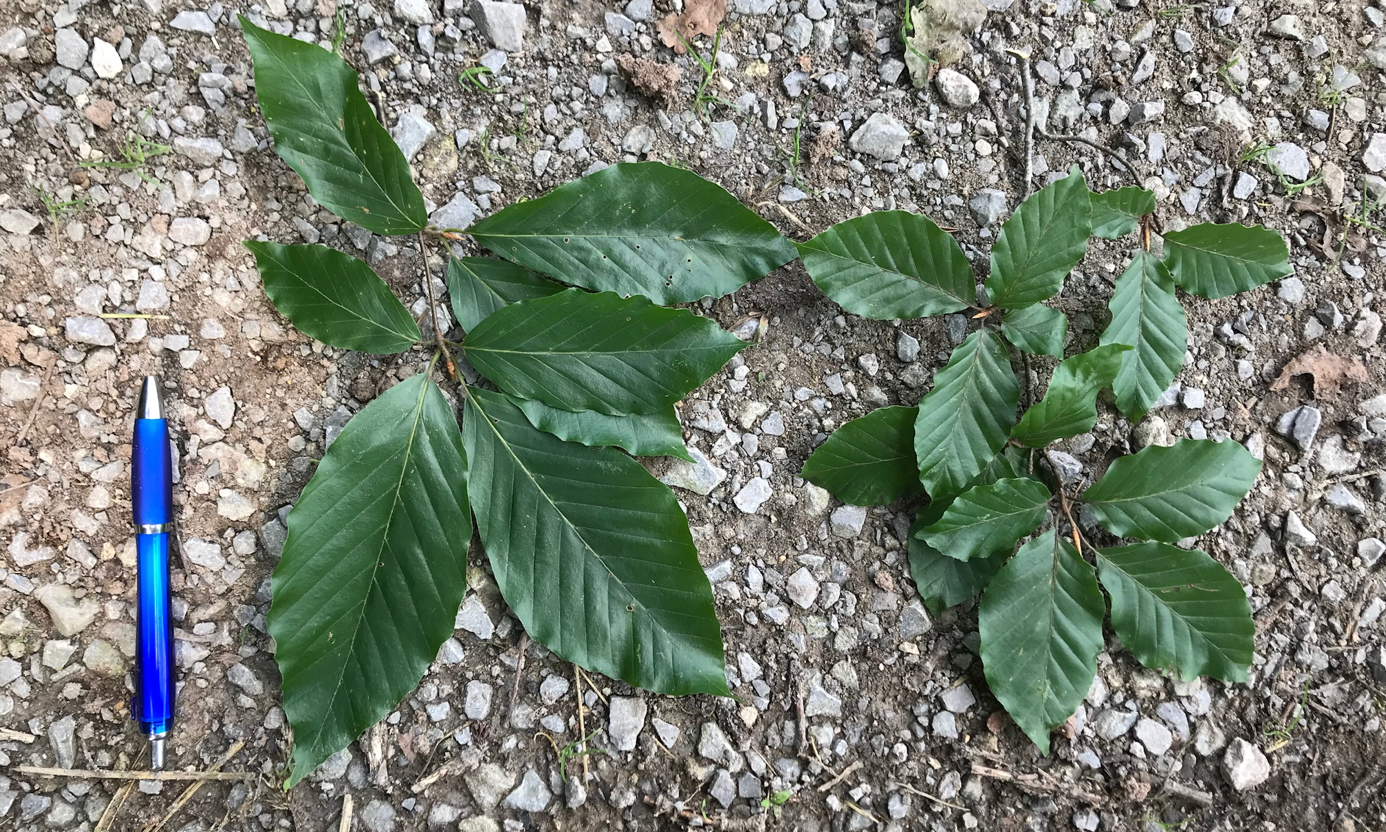Research
Research at the Chair of Silviculture focuses on the effects of the composition and structure of forest stands on the functioning of ecosystems. Research focuses on the interactions in mixed and uneven-aged stands, innovative forest regeneration methods, the adaptation of forests to global change and the dynamics and functions of structural retention elements (habitat trees, deadwood).
A further research area at the chair deals with the topic of “Forest management and rural development”. The focus here is on the question of whether and how natural resources in tropical and subtropical regions can be used effectively for sustainable development for the benefit of the local population. The research examines actor-specific strategies for the management of natural resources in different development contexts in order to understand the associated decision-making processes. A particular focus is on the development of theoretical models to strengthen and promote endogenous development potentials.
Research infrastructure
The Chair of Silviculture has a modern laboratory infrastructure and fields instruments that enable analyses such as:
- Nutrient analyses in plants and soils
- Image analysis (root morphology and architecture, dendrological studies)
- Tree ring analysis
- Gas exchange measurements (e.g. photosynthesis, soil respiration)
- Leaf area and light measurements (TSF, ISF, DSF)

Contact lab management: Renate Nitschke
Publications
All projects since 2001
About us
Our profile, latest news and more.
Teaching
Our teaching offer and information about student theses.
Team
Our team members and list of their contact data.














